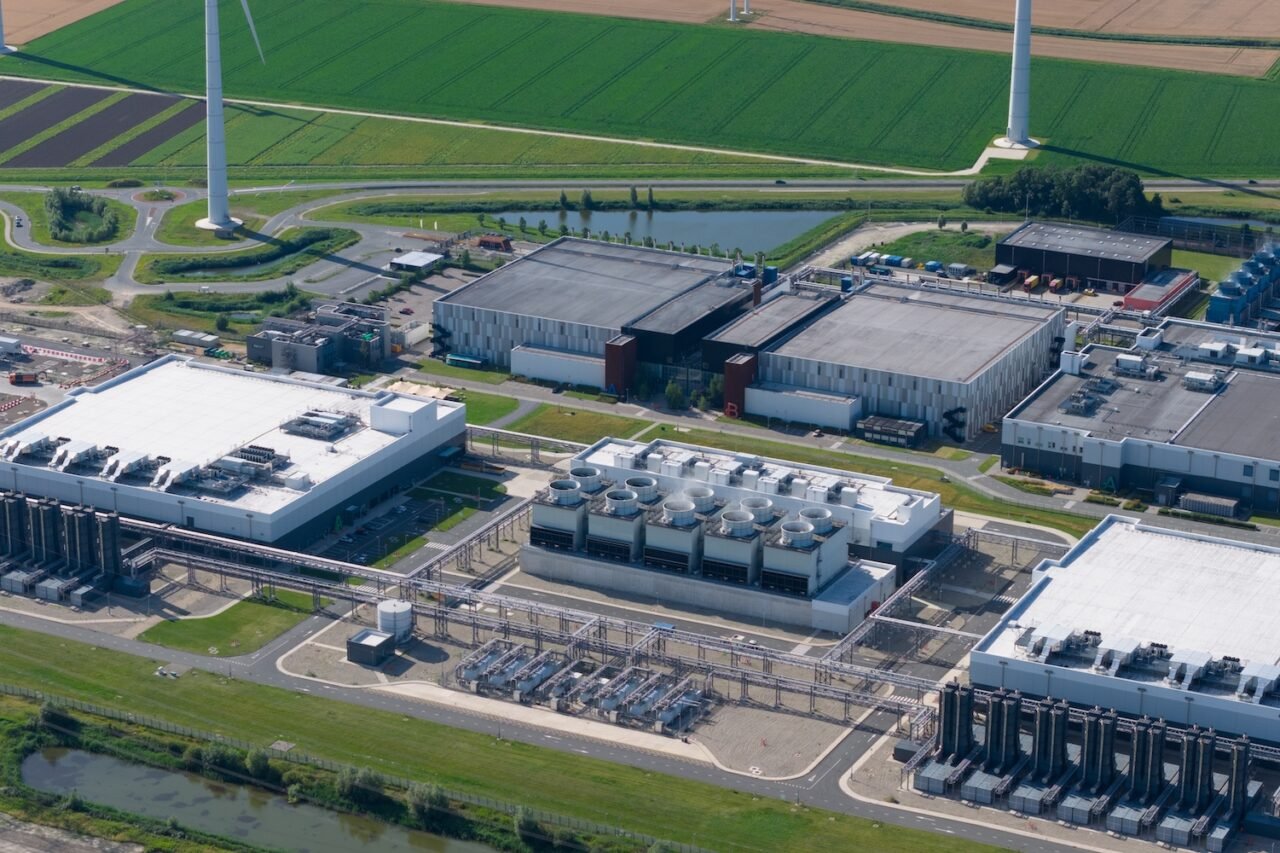The landscape of U.S. economic growth is shifting dramatically as investment in artificial intelligence takes center stage. Recently, Blackstone, a prominent investment firm, announced plans to refinance $3.46 billion in debt for QTS Data Centers, a leading player in the AI infrastructure market. This move is notable as it marks one of the largest commercial-mortgage-backed securities deals in the AI sector, raising questions about the potential risks involved.
Historically, mortgage-backed securities played a significant role in the financial crisis of 2008, leading to the collapse of institutions like Lehman Brothers. At that time, these securities, which involved repackaging home mortgages as tradable assets, were once considered stable investments. However, as defaults rose, their value plummeted, contributing to the Great Recession and wiping out over $10 trillion in wealth in the U.S. alone.
The current economic environment is markedly different, with entire towns investing in data centers, believing they will sustain local economies. AI has become a driving force of innovation and growth, yet skepticism remains among the public. Surveys indicate that many individuals not involved in the AI sector doubt its overall benefits.
In an article for the New York Times’ DealBook newsletter, Ian Frish highlighted the unsettling nature of Blackstone’s refinancing strategy. With the company fully owning QTS Data Centers, the implications of this debt move could reverberate through the AI market. As AI technology continues to evolve, the financial stakes grow higher.
The risk associated with such a large amount of debt raises concerns about the sustainability of AI investments. If major players like OpenAI fail to develop profitable revenue models, it could have a cascading effect. Investors, including high-profile figures such as Elon Musk, may need to intervene to stabilize the sector.
As the economy adapts to new challenges, the potential for a repeat of past crises looms. The shift towards AI-driven markets presents both opportunities and vulnerabilities. The financial community is watching closely, aware that the future of these investments may hinge on how well AI can deliver tangible economic benefits.
In a world where the dynamics of investment are changing rapidly, the outcome of Blackstone’s refinancing move will likely influence the trajectory of the AI industry and broader economic stability. The lessons of the past are clear: economic foundations can shift unexpectedly, and the implications of financial decisions resonate far beyond initial projections. The coming months will be crucial in determining whether current trends will lead to sustainable growth or renewed uncertainty.







